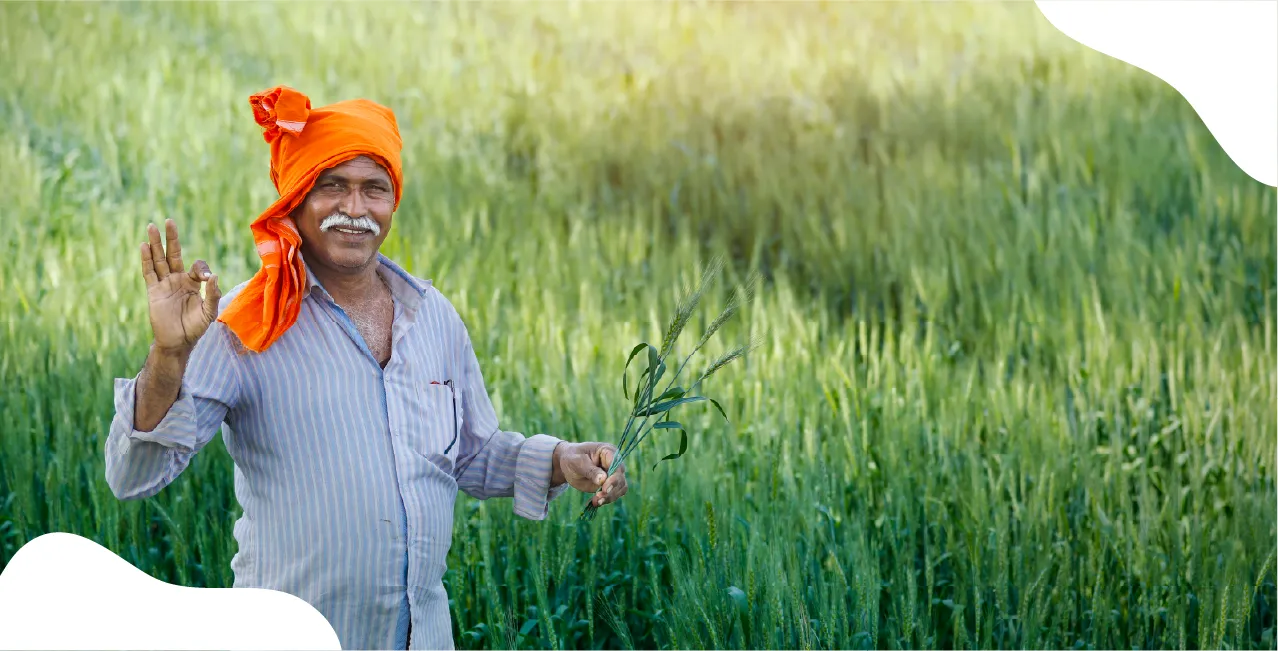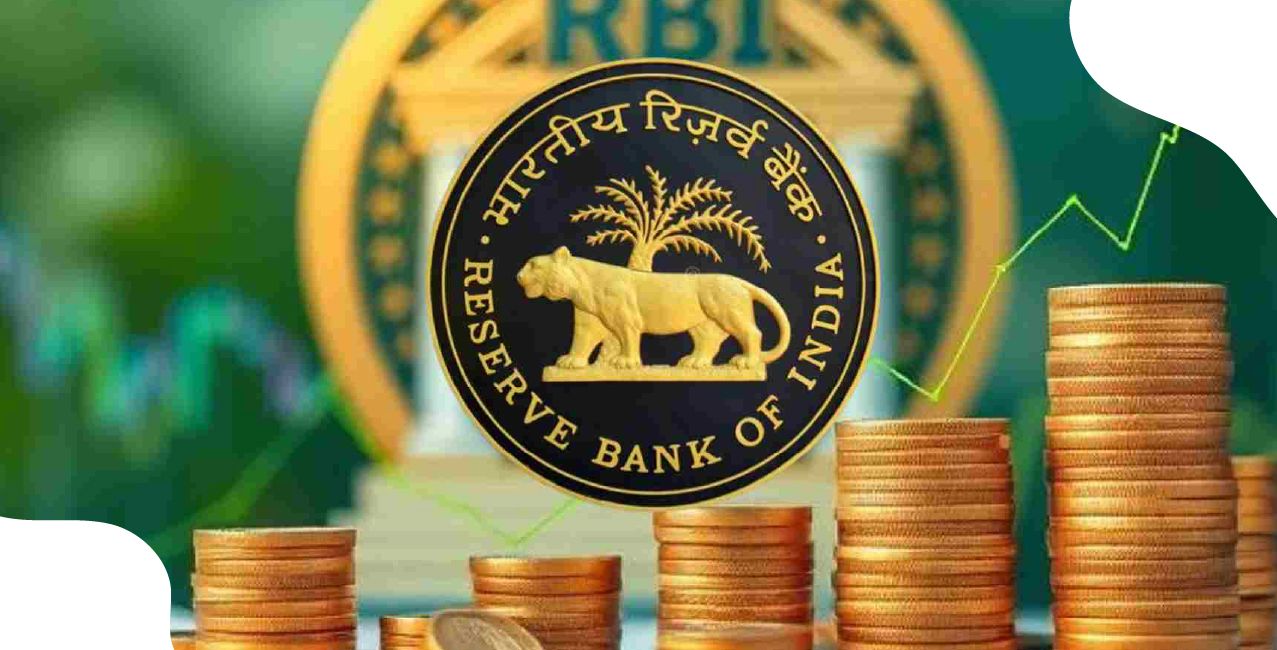Farmers Raise Objections to CIBIL Score Rule for Loans from Cooperative Societies

Check Your Loan Eligibility Now
By continuing, you agree to LoansJagat's Credit Report Terms of Use, Terms and Conditions, Privacy Policy, and authorize contact via Call, SMS, Email, or WhatsApp
Cooperatives Still Ask for CIBIL Reports, Ignoring the Government’s Loan Clarification
Many farmers in Tamil Nadu are struggling to get loans for paddy cultivation because they are being asked to show CIBIL credit scores, something most rural families are not familiar with.
Sowing has already started in several areas, but farmers say cooperative societies are refusing loans without this document. This has led to protests and growing worries about getting enough money in time for the farming season.
Farmers Face New Barriers at Cooperative Societies
Farmers in Tamil Nadu have long depended on Primary Agricultural Credit Societies (PACS) to borrow short-term crop loans through the Kisan Credit Card (KCC) scheme.
These loans are essential for purchasing seeds, fertilisers, and renting tractors. However, things took a turn on May 26, 2025, when the Registrar of Cooperative Societies (RCS) issued a circular that asked these societies to collect the CIBIL statement of borrowers before sanctioning loans.
While the circular stated “statement”, many societies interpreted it as a request for the full credit score, which caused confusion and panic across rural areas.
Protests soon followed in districts like Thanjavur, Tiruchirappalli, and Nagapattinam, where paddy cultivation is now in full swing.
What the Government Said and What’s Happening on the Ground?
Two weeks after the protests began, the Tamil Nadu government issued a clarification. On June 10, 2025, officials announced that the RCS directive was limited only to reviewing the CIBIL statement to ensure a farmer had not already availed of a loan from another bank under the KCC limit of ₹3 lakh.
This explanation did little to calm farmers. In many societies, staff members continue to demand a full credit score report. Since most small-scale farmers are unaware of how to obtain one or do not have one at all, they are left without access to much-needed credit.
Here’s a closer look at what the directive intended and what’s being reported:
The government gave clear instructions, but many societies are not following them. They are checking credit scores and applying rules more broadly than intended.
Read More - Is Loan EMI Autopay Now Mandatory in 2025?
Cost of Delay: Private Lenders Fill the Gap
In areas where cooperative credit is now blocked, private lenders have stepped in. According to a report published in The New Indian Express on June 28, 2025, farmers in delta districts are borrowing money from private financiers who charge interest rates between 36 per cent and 60 per cent per year.
These are far above the rates offered by government-run schemes.
The Production Cost Committee report, presented in April 2025, noted that average cultivation costs for paddy now stand at nearly ₹76,000 per acre.
But cooperative societies sanction crop loans of only around ₹36,000 per acre, creating a wide funding gap that many now fill through private lenders.
Farmers say this funding gap is widening due to the current stand-off with cooperatives over documentation.
A Policy Misstep or Miscommunication?
Under central government rules, Kisan Credit Card loans up to ₹1.6 lakh don’t need any collateral. Loans up to ₹3 lakh get a 2% interest subsidy, so farmers who repay on time pay only 4% interest. But asking for a CIBIL report, something many rural farmers don’t know about or can’t easily get, makes it harder to access these loans.
According to a Public Information Bureau (PIB) release dated March 2025, Tamil Nadu has 4,473 cooperative societies servicing farm loans. Of these, nearly 988 operate in the state’s delta districts where paddy cultivation dominates.
Also Read - Farmers Raise Objections to CIBIL Score Rule for Loans from Cooperative Societies
That means this miscommunication is affecting a wide base of small and marginal farmers.
This confusion is causing problems for small and marginal farmers who rely on these loans. Many may miss out on benefits due to incorrect checks and stricter rules.
What’s Next?
The loan season in Tamil Nadu typically peaks between May and August. With rainfall already received in parts of the Cauvery delta, any delay in credit disbursal will affect sowing, productivity, and income.
The agriculture department has said that it will “look into” the complaints. But until all cooperative banks uniformly apply the government’s clarification, thousands of farmers may find themselves trapped between rising costs and paperwork they don’t understand.
This is not just a policy mistake, it shows how rules made at the top often get lost or misused before they reach the ground. For many farmers, following that path still comes with many obstacles.
About the author

LoansJagat Team
Contributor‘Simplify Finance for Everyone.’ This is the common goal of our team, as we try to explain any topic with relatable examples. From personal to business finance, managing EMIs to becoming debt-free, we do extensive research on each and every parameter, so you don’t have to. Scroll up and have a look at what 15+ years of experience in the BFSI sector looks like.
Subscribe Now
Related Blog Post

Home Loan Interest Rates 2025 Deliver Major EMI Relief, Will Borrowers See More Gains In 2026?

Will the Indian Rupee Stabilise in 2026 After a Volatile 2025?

RBI Draft Rules Target Surprise Costs in Overseas Payments
Recent Blogs
All Topics
Contents
Quick Apply Loan
Consolidate your debts into one easy EMI.
Takes less than 2 minutes. No paperwork.
10 Lakhs+
Trusted Customers
2000 Cr+
Loans Disbursed
4.7/5
Google Reviews
20+
Banks & NBFCs Offers
Other services mentioned in this article
.png)
.png)
.png)
.png)
.png)
.png)